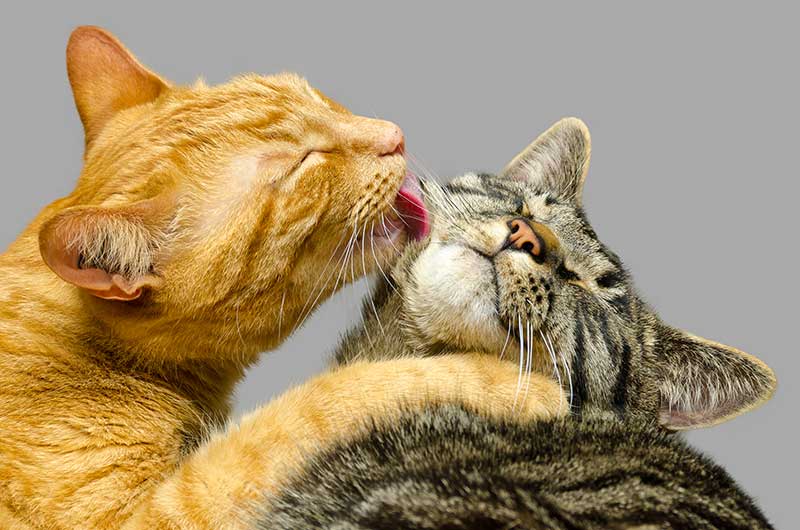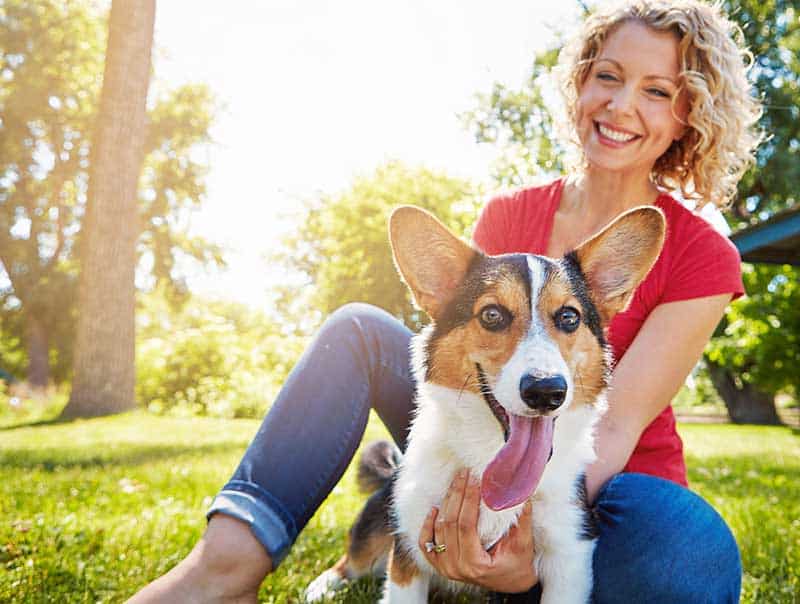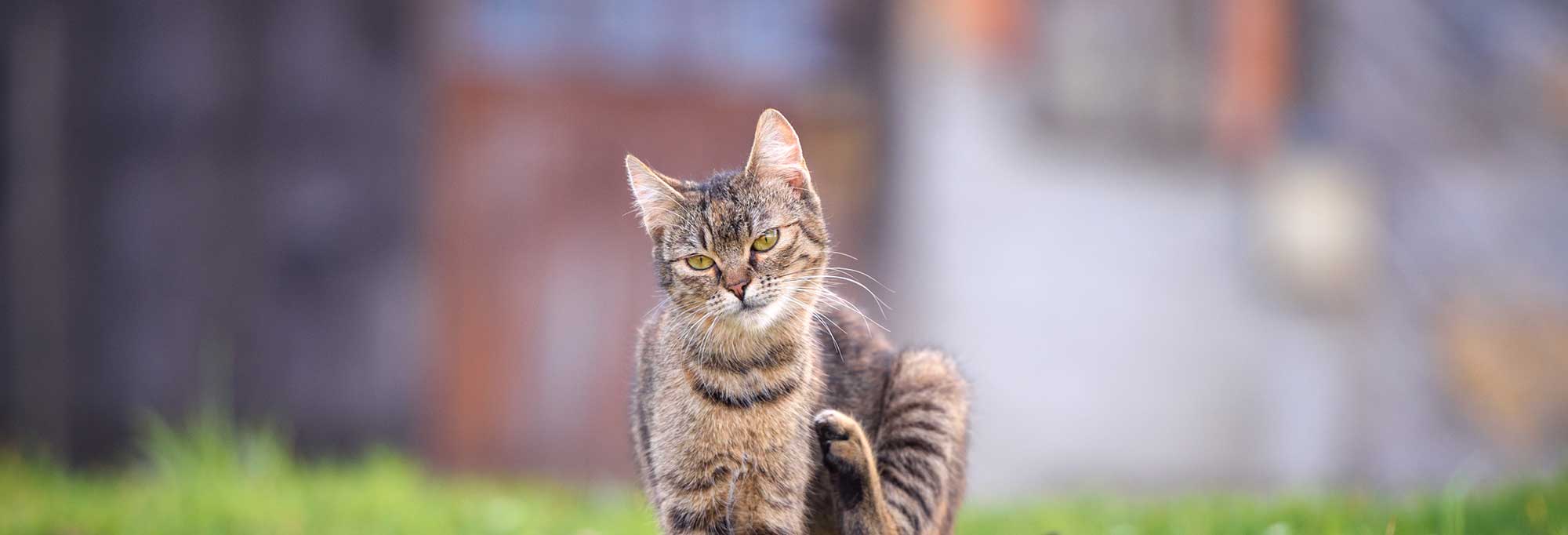Advanced
Surgical Care

Sometimes our pets require more advanced procedures. The veterinary team at Crossroads highly-trained in specialized surgical practices, removing the need for outside referrals and treatment.

Specialized Surgeries May Include:

- Soft Palate Resection and Nares Repair: Due to their anatomical features, Brachycephalic breeds (also known as flat-faced or flat nose) are prone to respiratory issues that can worsen as they age. Brachycephalic breeds include French Bulldogs, Bulldogs, Boxers, Cavalier King Charles Spaniels, Shih Tzus, Boston Terriers, Mastiffs, and Pugs.
These breeds tend to have small nasal openings, limiting airflow, and elongated soft palates that can interfere with their airway. Should your brachycephalic pup have either of these issues, we recommend surgical correction at a young age to limit worsening of these conditions as your pet gets older. We can best evaluate their soft palate during intubation when undergoing an anesthetic procedure. Should it be necessary we can perform a soft palate resection and nares widening procedure at the same time as their spay/neuter. - Analsaculectomy (Anal Gland Removal): This procedure offers a long-term solution to alleviate anal gland impaction, infection, and abscess formation in pets. There are two instances where this procedure might be essential:
- If there is a mass in the anal sac.
- If your pet is experiencing chronic infection or rupture of anal sacs which can be very uncomfortable.
- Perineal Urethrostomy: This procedure is performed on male cats that are experiencing a urinary blockage, which is an emergent situation. Once the urinary blockage has been alleviated and your cat is out of crisis, this procedure should be considered to prevent blockages in the future.
- Splenectomy: A splenectomy is a surgical procedure to remove the spleen, usually due to a mass, cyst or tumor. Spleens are a highly vascular organ and any type of tumor on the spleen can rupture and lead to severe bleeding within the abdomen.
- GDV Surgery: Gastric dilatation and volvulus (GDV) is a critical condition commonly seen in large, deep-chested dogs, although it can impact any breed. In the early stages the stomach fills with gas, resulting in a simple gastric dilatation or bloat. GDV signifies the advancement from bloat to a volvulus, where the enlarged, gas-filled stomach twists upon itself, causing obstruction at both the entry and exit points of the stomach. During these emergencies, our surgical team is able to reverse, stabilize and transfer your pet to referral for hospitalization overnight. Our doctors may recommend a preventative procedure when your dog is young and/or at the time of their spay or neuter called a gastropexy. This procedure is recommended in dogs with a higher likelihood of GDV and will prevent the stomach from twisting on itself during a bloat, making it less life threatening should a bloat occur.
Care, comfort and safety are our top priorities during all patient procedures. As a Fear-Free® Certified Practice, we employ a variety of specialized techniques to give your pet a stress-free experience. A licensed technician is present throughout the surgery, monitoring your pet's vital signs and seeing them through to recovery.
Following surgery, our team will develop a personalized pain management plan and provide detailed at-home care instructions. Oftentimes we will recommend laser therapy to promote the healing of incisions and reduce post-op pain.
Veterinarian Referrals 
We are available to perform surgeries for all pet parents in the area. If your primary veterinarian has referred you to us, we will maintain an open line of communication with them throughout your pet's procedure. We cherish the relationships we have built with the veterinary community in the Zion Crossroads area.
Veterinarian Referrals
